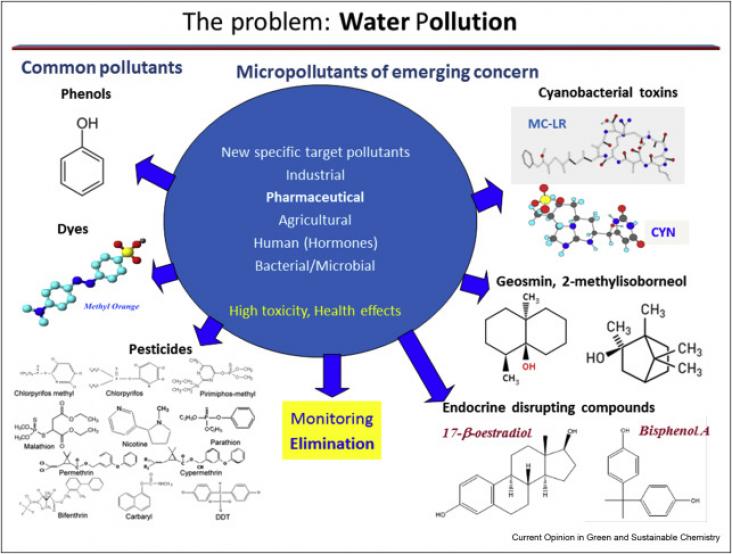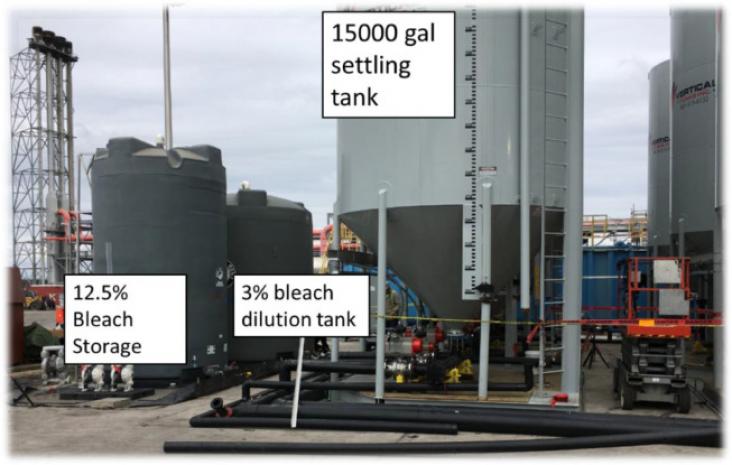
Pharmaceuticals are an important group of potential EDCs (endocryne disrupting compounds) in groundwater and surface water. Photocatalytic degradation of pharmaceuticals and organic contaminants is described for nanotubular structures.
This article discusses the radiological safety of groundwater around a uranium mine in Namibia.

This review article examines observed and projected climate change impacts on water security across the world's drylands to the year 2100.

After a massive disaster, many residents in affected areas are forced to temporarily stay in evacuation shelters.
The effect of the river chief system on reducing agricultural NPS pollution is explored in this study using panel data from 308 Chinese counties during the period from 2004 to 2015.
This book chapter advances SDGs 6 and 11 by providing information on various sources of pollution and ways to monitor them. Assuring water quality and purity is extremely important because water is an essential material for human survival.

Advancing SDG 6, the RELX Environmental Challenge awards innovative projects that provide sustainable access to safe water or sanitation, with a first prize of $50,000 and a second prize of $25,000.
Elsevier,
Samuel M. Gorton, Chapter 41 - Integrated agroecological technology networks for food, bioenergy, and biomaterial production, Editor(s): Anju Dahiya, Bioenergy (Second Edition), Academic Press, 2020, Pages 767-788, ISBN 9780128154977, https://doi.org/10.1016/B978-0-12-815497-7.00041-5.
This book chapter advances SDGs 6, 7 and 11 by discussing how we can create integrated ecological technologies that transform natural resources into anthropocentric goods and services, while restoring the land and reducing pollution by returning beneficial materials or energy to the ecosystem.
This paper investigated the ways in which air pollution can be reduced through enhanced environmental sustainability by looking at groundwater, soil and stream sediment samples.

